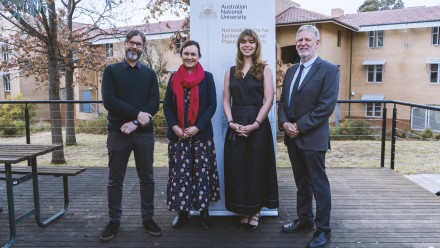PhD Exit Seminar: The emerging influence of social networking sites on parents’ child feeding: A Mixed-method study in Thailand
Share
About
In Thailand, millennials, who are now of childbearing age, spend more time on the Internet than any other demographic group. The child feeding practices of this generation are informed by personal beliefs and knowledge, but the new and growing influence of social networking sites (SNSs) are not well understood. How exactly does this emerging online society influence Thai parents’ child feeding? To answer this question, a mixed-method approach investigated the growing influence of SNSs in the parental feeding sphere. We found millennial, first-time mothers with lower personal capital are heavily engaged in SNSs.
Modern parents have shifted their support seeking beyond one-size-fit all official guideline to online sources, reducing their uncertainty by normalizing the process through sharing experiences with others. These platforms provide the opportunity to build social capital (social norms and support) as a potential resource to construct (in)appropriate child feeding beliefs and practices. Health promotion campaigns could potentially move beyond one-way information dissemination to social strategies and peer collaboration (using SNSs) to help new parents gain their self-efficacy and strengthen appropriate child feeding norms.
Bio
 Abhirat Supthanasup is a PhD candidate at the Research School of Population Health. He has a background in Nutrition and Dietetics. Due to the shift into the so-called digital society, Abhirat’s PhD project focus on the impact of social networking sites on parental child feeding.
Abhirat Supthanasup is a PhD candidate at the Research School of Population Health. He has a background in Nutrition and Dietetics. Due to the shift into the so-called digital society, Abhirat’s PhD project focus on the impact of social networking sites on parental child feeding.








